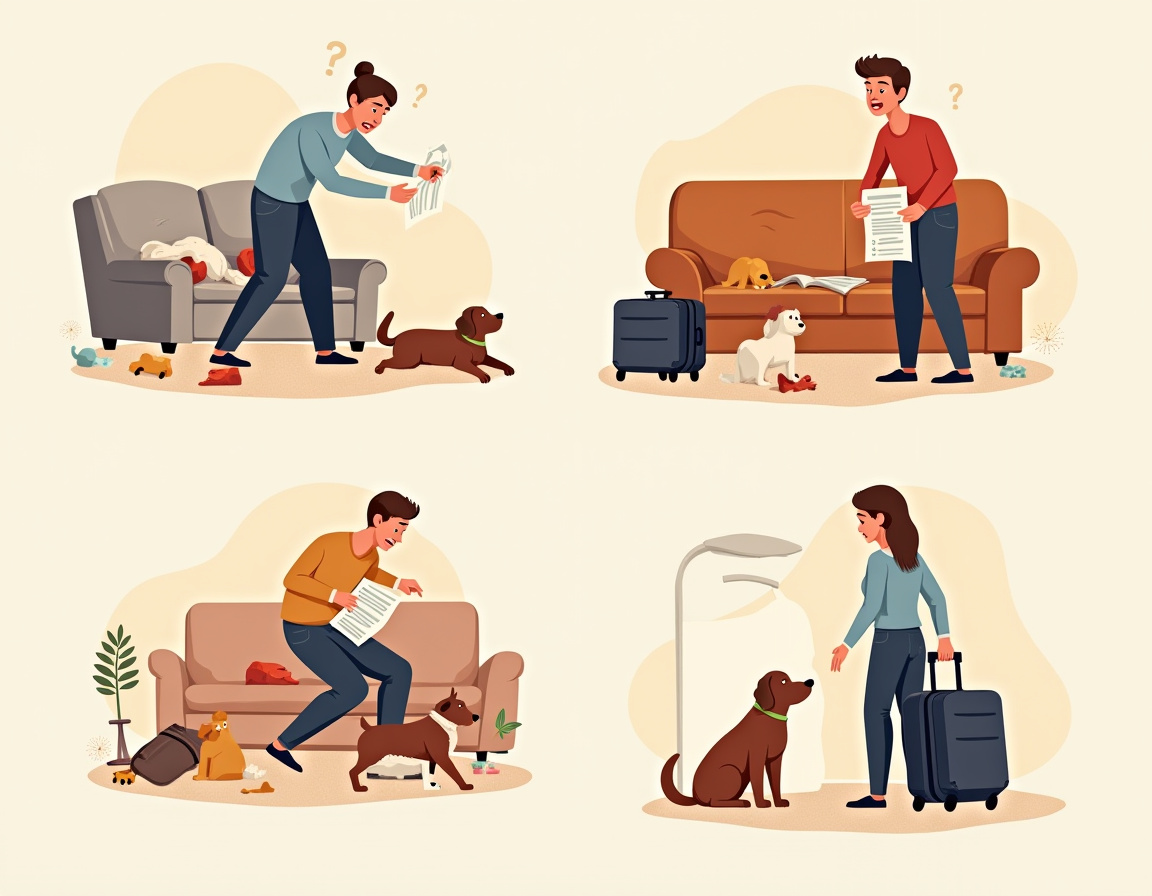Top 10 Reasons to Not Have a Pet
Pets bring joy and companionship to millions of households, but owning a pet isn’t the right choice for everyone. While they provide unconditional love, they also require significant responsibility, time, and financial commitment. Before you bring a pet into your home, it’s essential to consider whether pet ownership truly fits your lifestyle.
Here are the top 10 reasons to not have a pet that you should think about before making this big decision.
1. High Financial Costs
One of the most significant reasons to avoid pet ownership is the financial burden. The cost of food, veterinary care, grooming, and supplies can add up quickly. Unexpected medical emergencies can also be extremely expensive.
What to Consider:
- Initial adoption or purchase costs.
- Monthly expenses for food and healthcare.
- Emergency medical bills and long-term health care.
2. Time Commitment
Pets require time, attention, and daily care. Whether it’s walking a dog, cleaning a litter box, or providing mental stimulation, pet care can be demanding.
Ask Yourself:
- Do you have enough time in your daily routine for a pet?
- Are you prepared to adjust your schedule to accommodate feeding and exercise needs?
3. Allergies and Health Concerns
Many people suffer from pet allergies, leading to respiratory issues, itchy eyes, or severe reactions. Additionally, some pets can carry parasites and bacteria that might pose health risks.
Key Factors:
- Consider allergy testing before getting a pet.
- Understand zoonotic diseases that pets can carry.
4. Travel and Lifestyle Restrictions
If you travel frequently, having a pet can be a challenge. Finding reliable pet care or boarding can be costly and stressful.
Important Questions:
- Do you travel often for work or leisure?
- Can you afford pet-sitting or boarding services?
5. Space Limitations
Some pets require a lot of space to move, play, and stay healthy. If you live in a small apartment, it may not be suitable for larger pets like dogs.
What to Consider:
- Does your living situation allow pets?
- Will your pet have enough space to thrive?
6. Pet Odors and Cleanliness
Owning a pet means dealing with fur, dander, and potential messes. Cleaning up after a pet can be time-consuming and requires a commitment to maintaining hygiene.
What to Expect:
- Litter boxes, pet hair, and potential odors.
- Frequent cleaning and grooming responsibilities.
7. Behavioral Issues
Not all pets are well-behaved. Some pets may develop destructive tendencies, excessive barking, aggression, or separation anxiety, requiring extensive training and patience.
Possible Challenges:
- Training and socialization needs.
- The cost of professional trainers and behavior specialists.
8. Long-Term Commitment
Pets can live for many years, requiring a long-term commitment. Cats can live up to 20 years, and dogs can live 10-15 years or more.
Considerations:
- Are you ready for a pet for the next decade or longer?
- Do you have plans that might change your ability to care for a pet?
9. Impact on Other Pets and Family Members
If you already have other pets or young children, introducing a new pet can be challenging. Compatibility issues may arise, leading to stress and potential conflicts.
Important Considerations:
- Are your existing pets comfortable with new animals?
- Are your family members ready for the responsibility?
10. Emotional Toll of Pet Loss
Losing a pet is an emotionally painful experience. Saying goodbye can be heartbreaking, and pet owners must prepare for the grief that comes with it.
How It Affects You:
- Coping with pet loss can be difficult.
- The emotional attachment to a pet is significant.
Final Thoughts
Pets are wonderful companions, but they are also a major responsibility. If you’re unsure whether you can commit to the time, cost, and lifestyle changes, it might be best to hold off on pet ownership. Instead, consider volunteering at an animal shelter or fostering pets to experience the joys of animals without a permanent commitment.
FAQs
1. What should I consider before getting a pet?
Think about your lifestyle, financial situation, and ability to commit long-term before adopting a pet.
2. Are there alternatives to owning a pet?
Yes! You can foster animals, volunteer at shelters, or pet-sit for friends to enjoy animals without full responsibility.
3. How much does pet ownership cost annually?
Costs vary by pet type, but dog or cat ownership can cost anywhere from $500 to $2,000 per year, depending on medical and lifestyle needs.
4. Can I have a pet if I travel frequently?
Frequent travel makes pet ownership challenging unless you have reliable pet care options like sitters or boarding services.
5. How can I deal with pet allergies?
Consult an allergist before getting a pet. Hypoallergenic breeds and frequent cleaning can help reduce allergic reactions.
Deciding to get a pet is a big choice—make sure it’s the right one for you before bringing an animal into your home.





